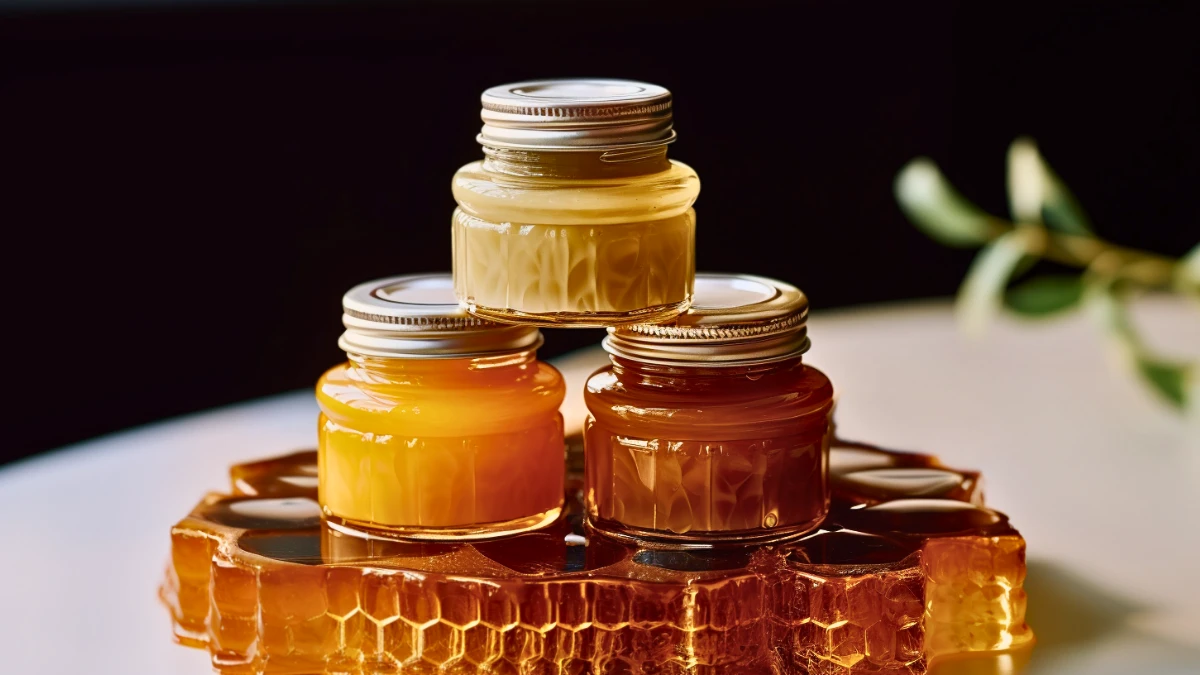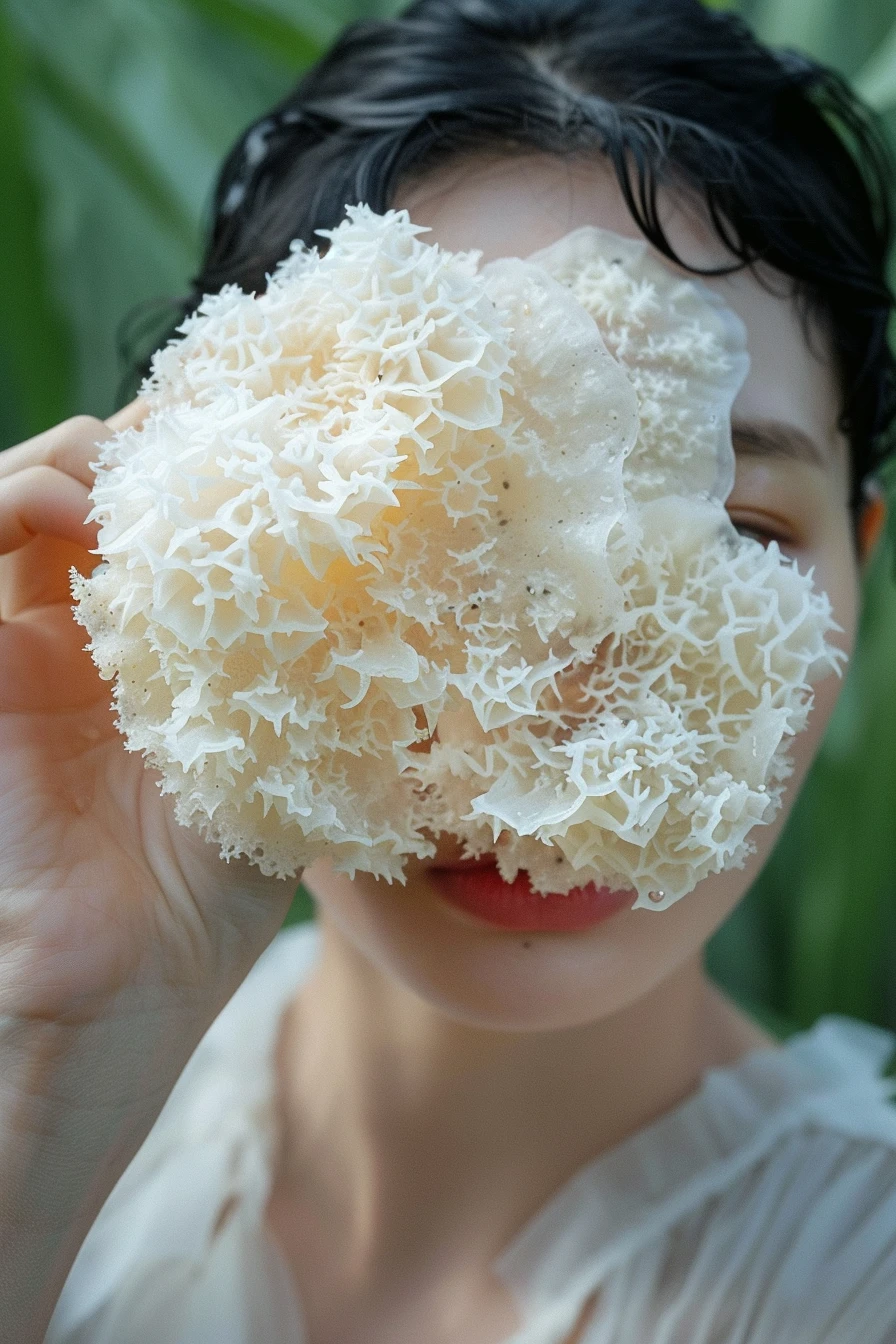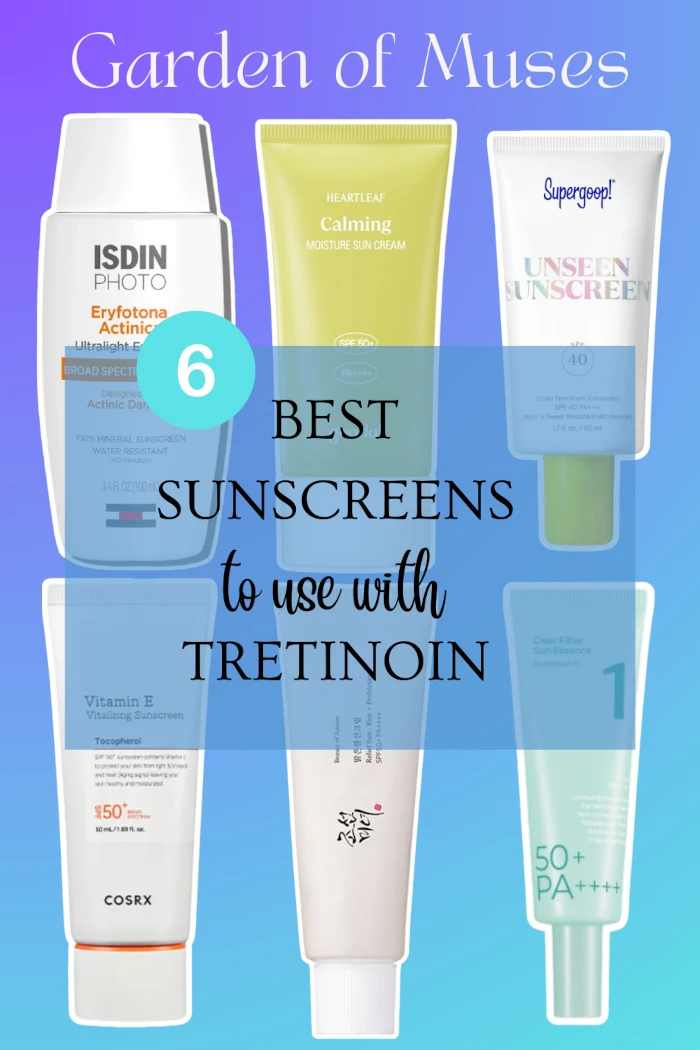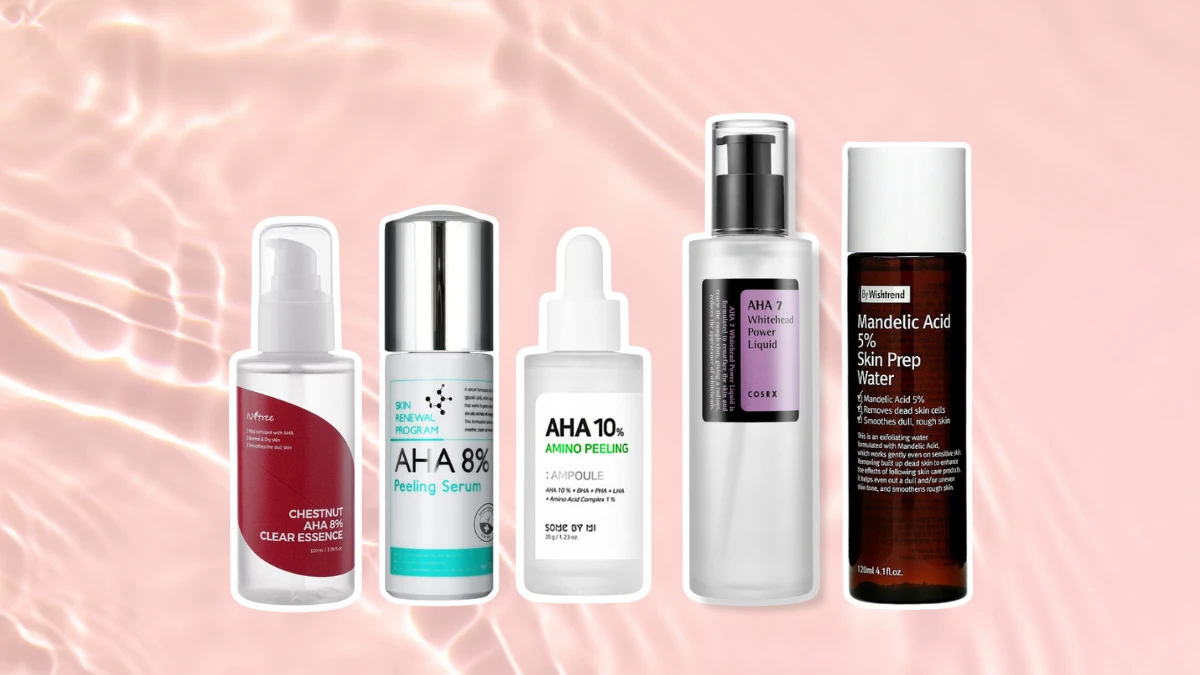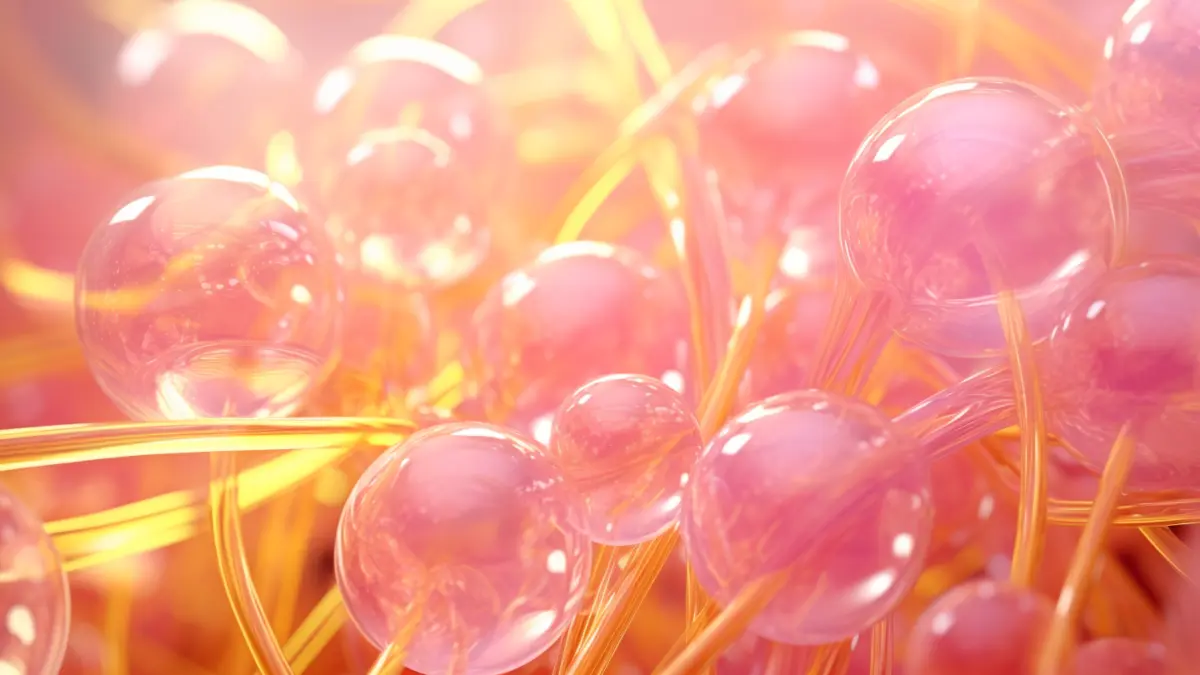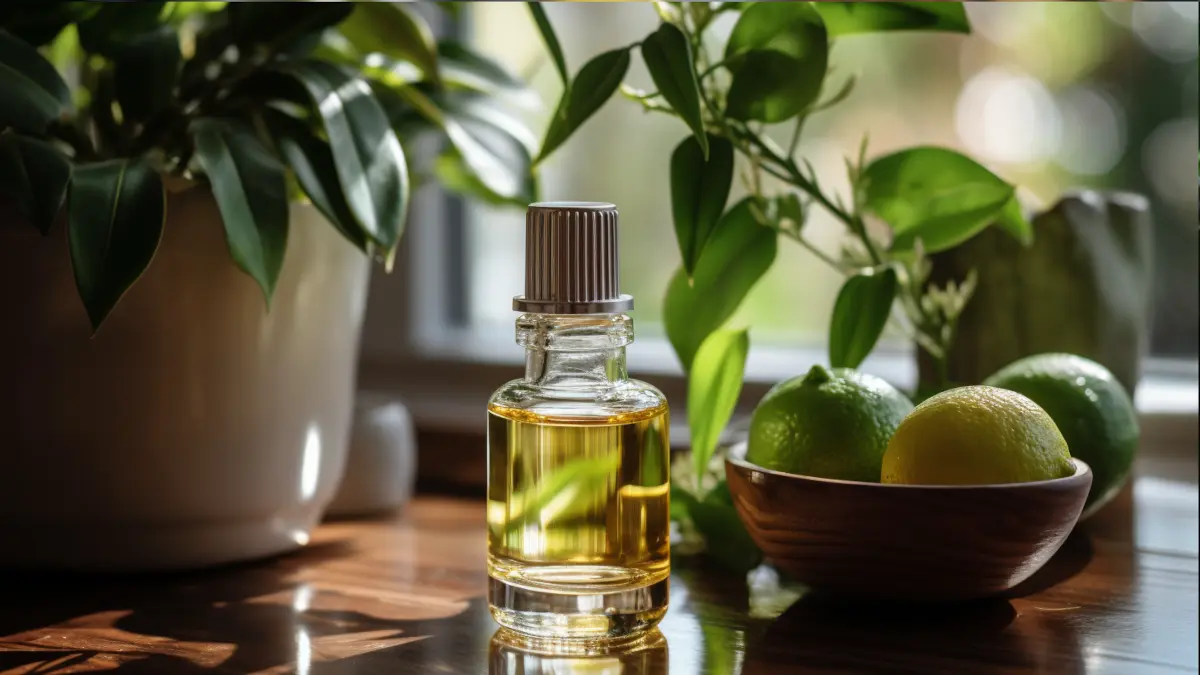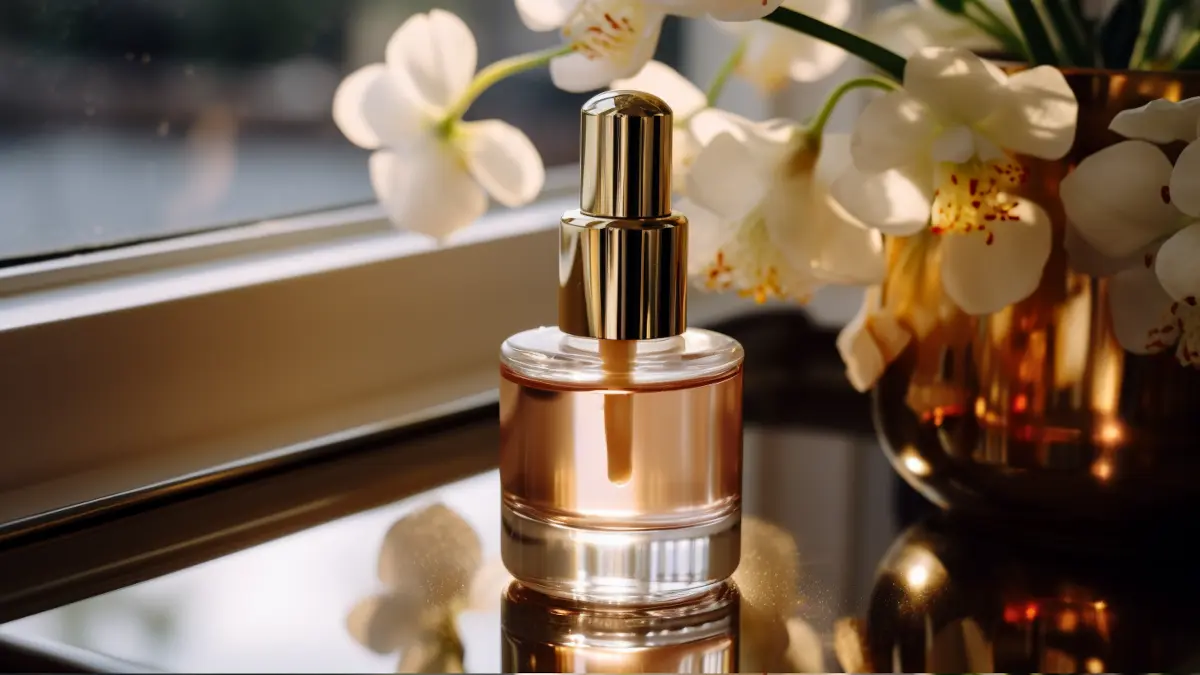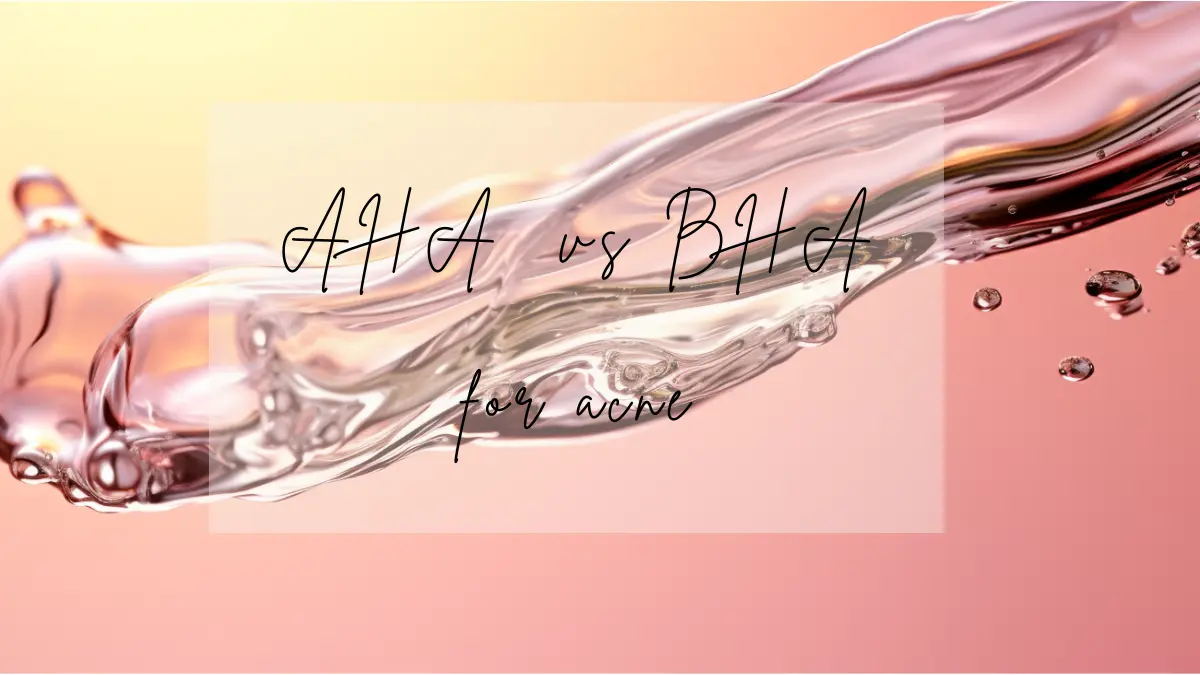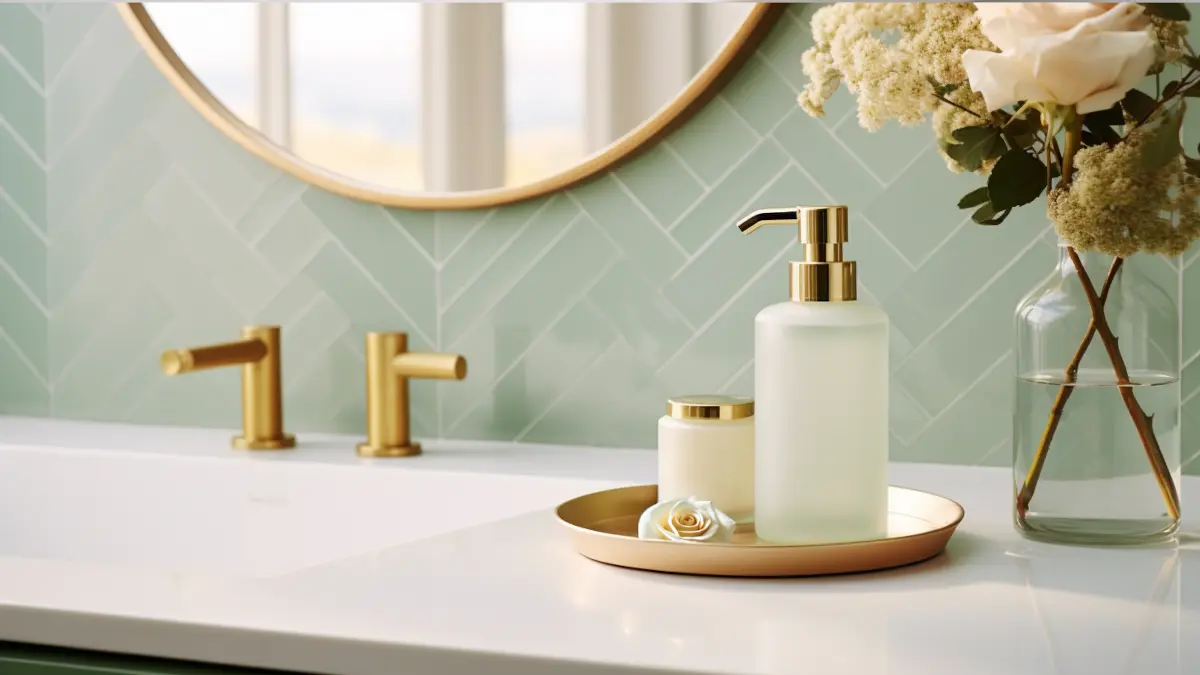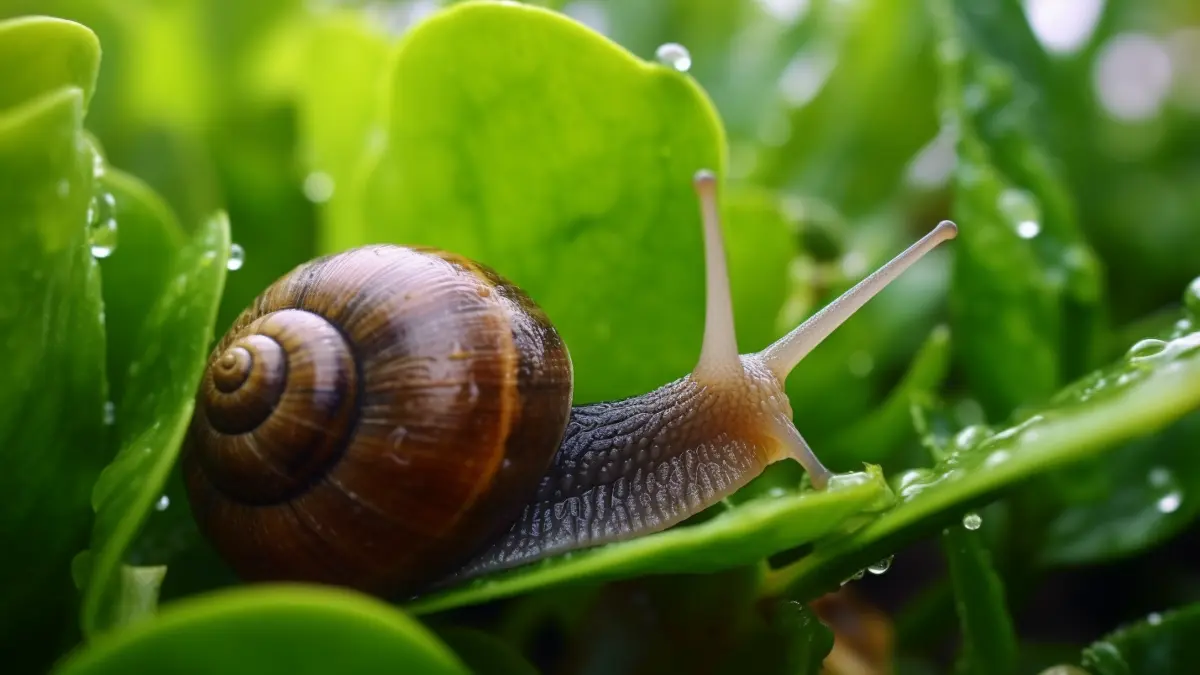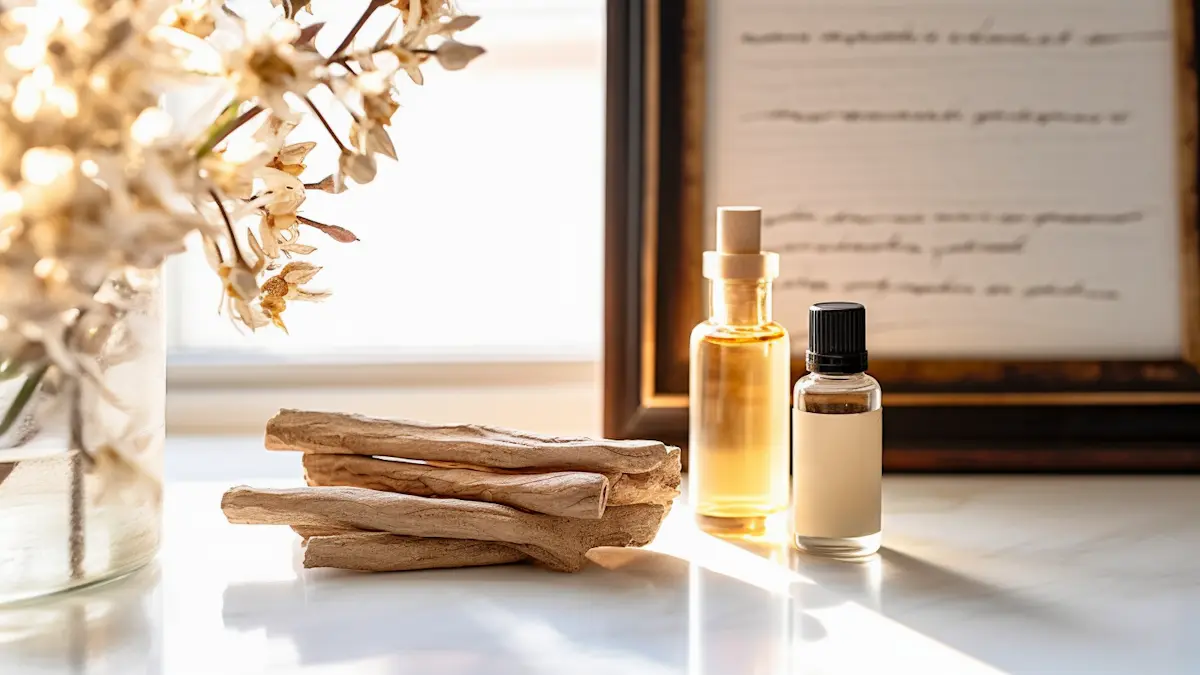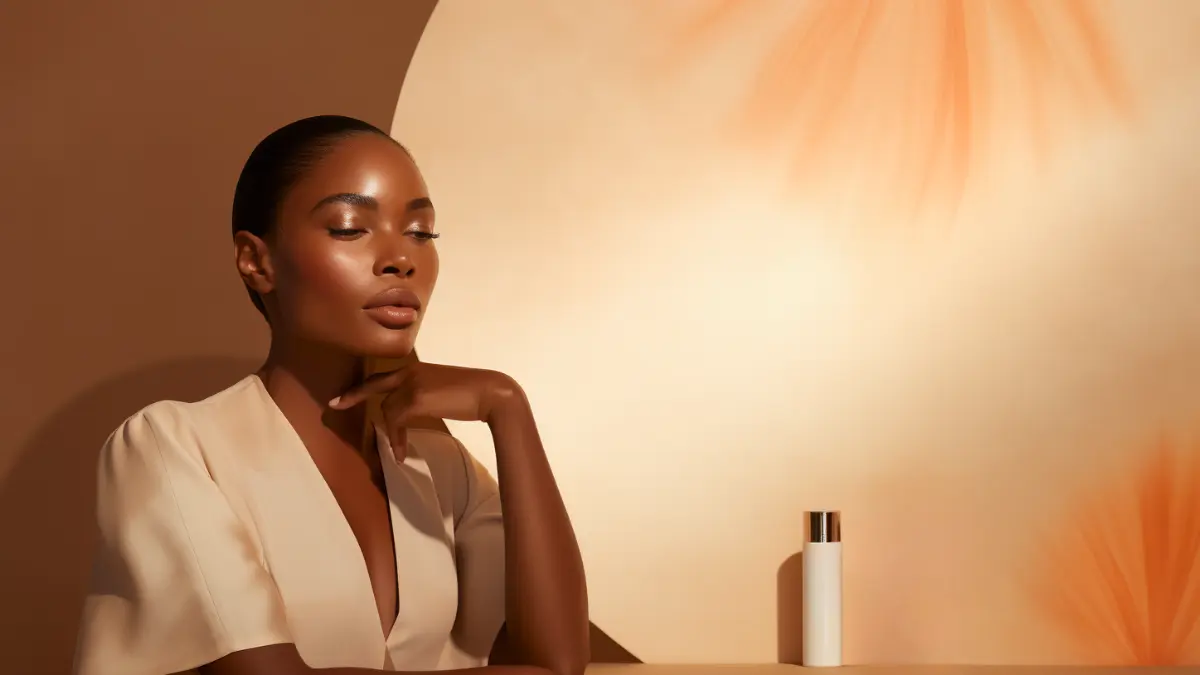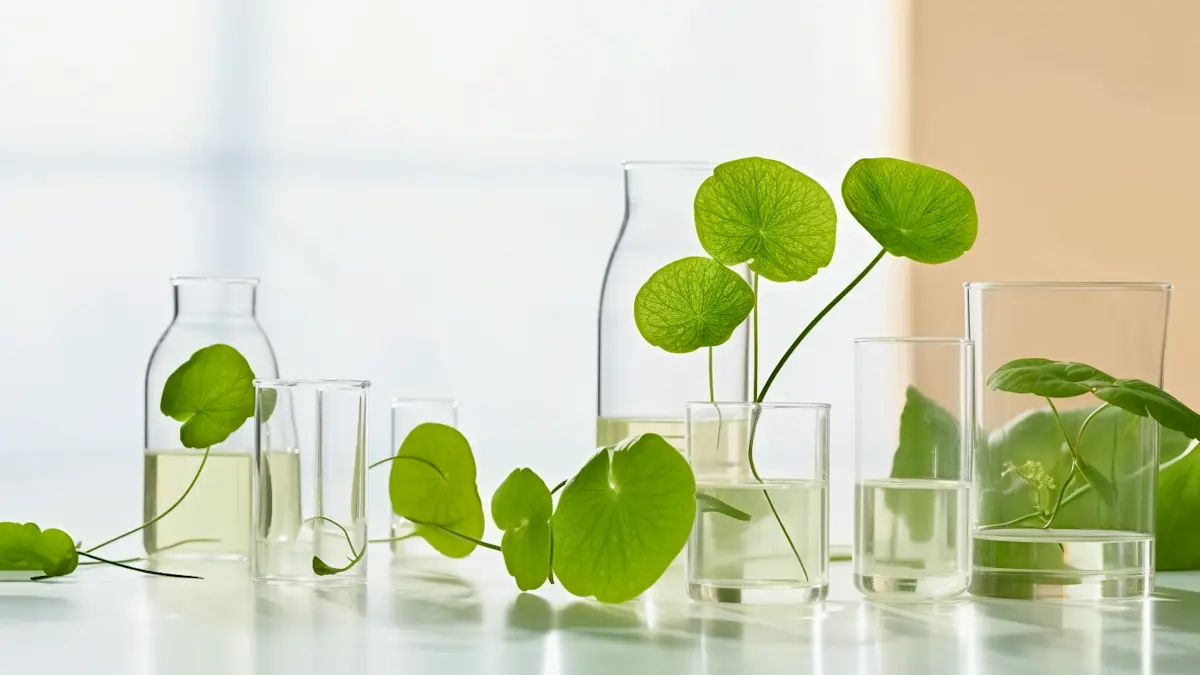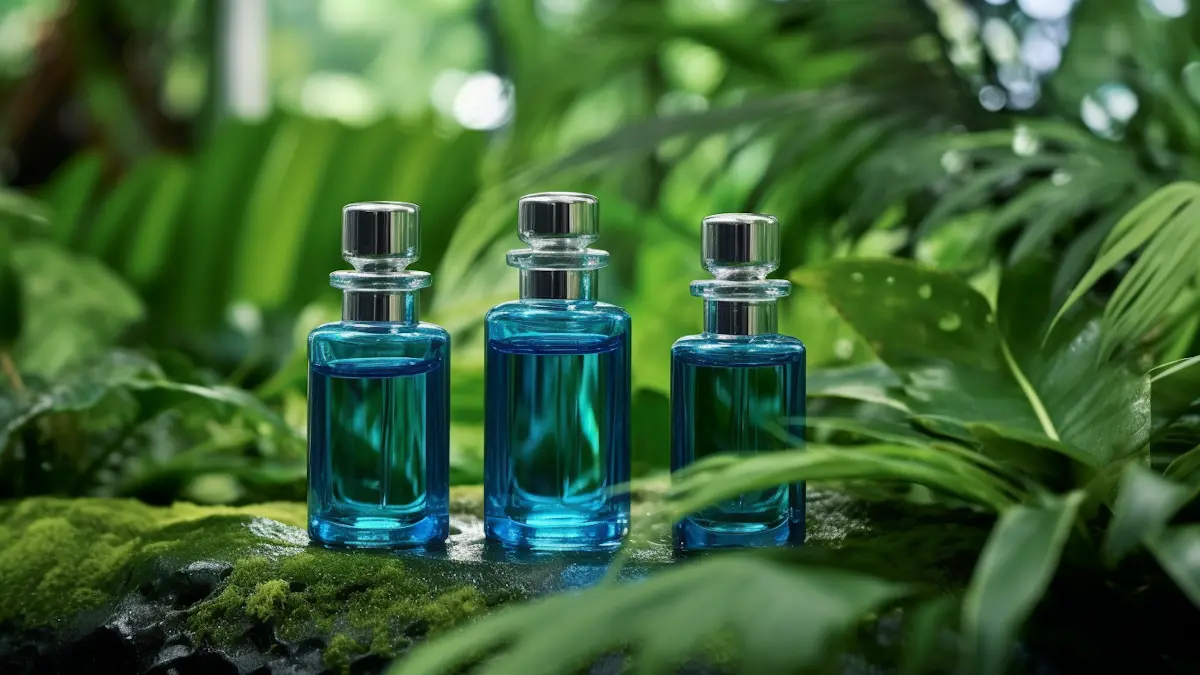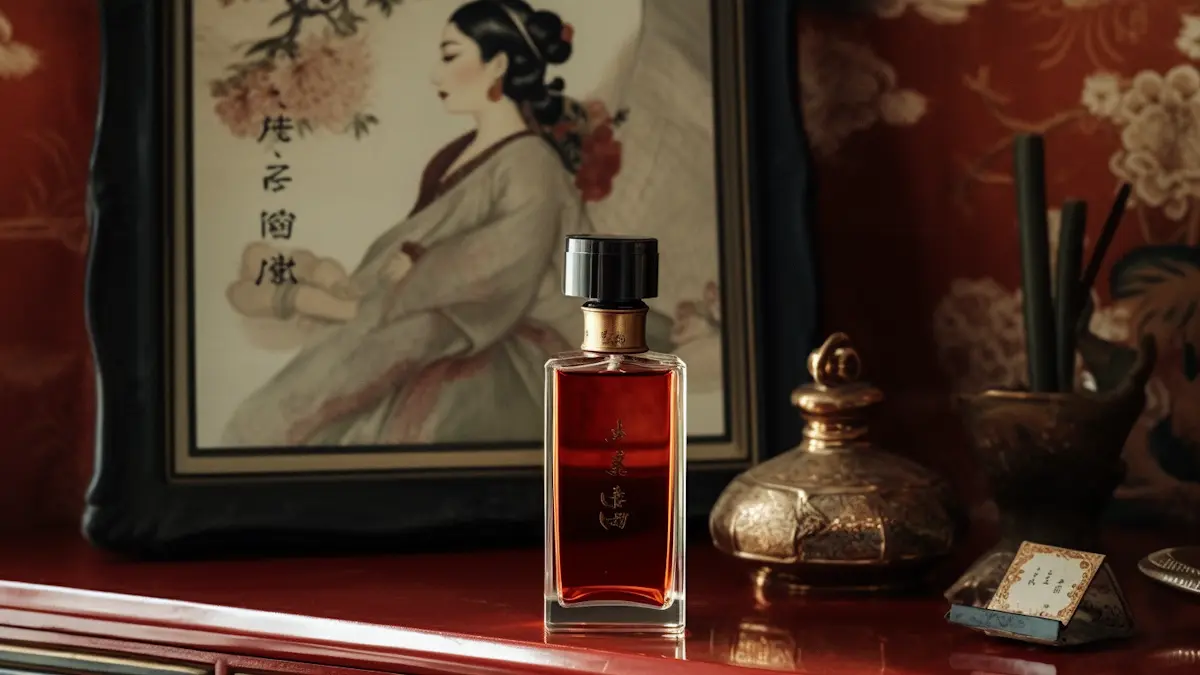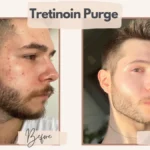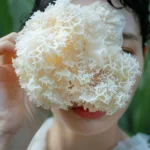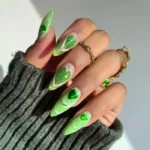Oh, the ever-so-trendy propolis! Also referred to as bee glue, propolis is a natural resin compound honeybees produce that provides many skincare benefits. The ingredient delivers antibacterial, antiviral, antifungal, antioxidant, and anti-inflammatory properties to help soothe and relieve irritated skin. It’s known as a miracle worker, which effectively repairs damaged skin and heals acne and even wounds!
Propolis drenches the skin in pure hydration, giving it that youthful, glass-like appearance. It also treats skin from the inside and is even considered by experts as an alternative gentle exfoliator for sensitive skin.
Don’t have time to read this whole article right now? Here’s what I found are the best skincare products with propolis to include in every step of your routine:
What Is Propolis?
Bees provide us with many substances that are not only nutritious and used for medicinal purposes (such as bee pollen, royal jelly, and manuka honey), but it turns out that some are also wonderful for our skin.
You might have heard of propolis before, especially if you’re familiar with Korean skincare products. As I mentioned in my introduction, propolis is the glue or wax-like substance that honeybees make by mixing saliva and beeswax with the protective resins of flower and leaf buds and the sap flows of poplar and cone-bearing trees.
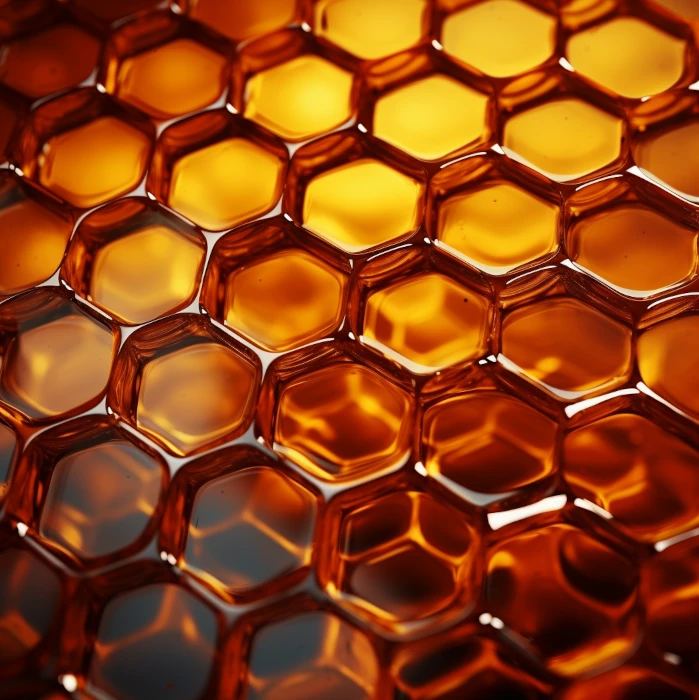
The Use of Propolis Throughout History
Bees and their products have been part of human life since about 13,000 BC, and there is evidence that people have used propolis for as long as honey.
Propolis was used extensively in Ancient Egypt, where it was used as an embalming substance during the mummification process. In Ancient Greece, it was used to treat wounds, abscesses, and ulcers. Ancient Persians were also aware of its healing properties and used it to treat eczema and other ailments.
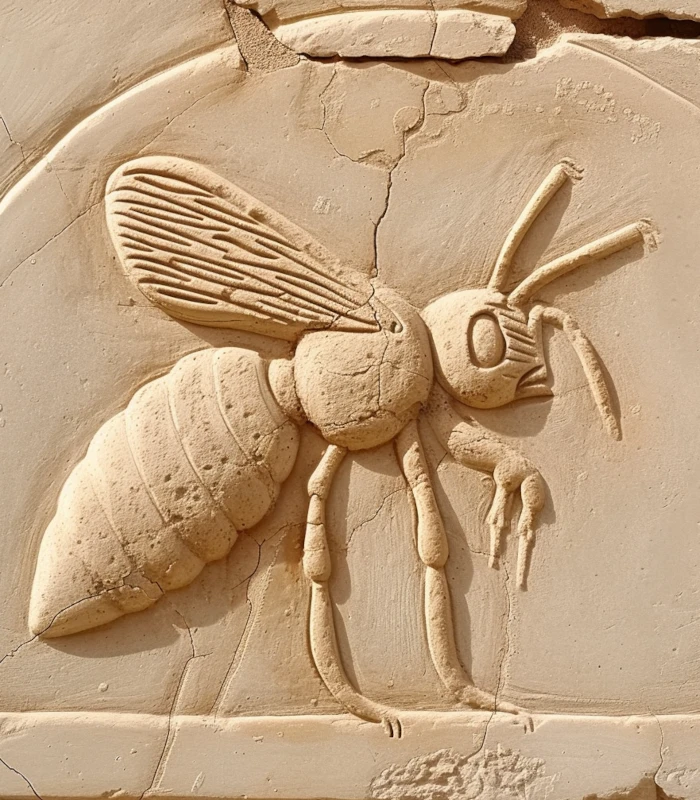
Although the use of propolis disappeared from mainstream medicine during medieval times, the knowledge of the medicinal properties of propolis survived in traditional folk medicine. It was still widely used in herbal medicine in Eastern Europe (propolis is often called ‘Russian penicillin‘).
These days, scientists are accepting it for more use. Ancient remedies becoming conventional ones is my favorite hipster cliché!
Propolis Health Benefits
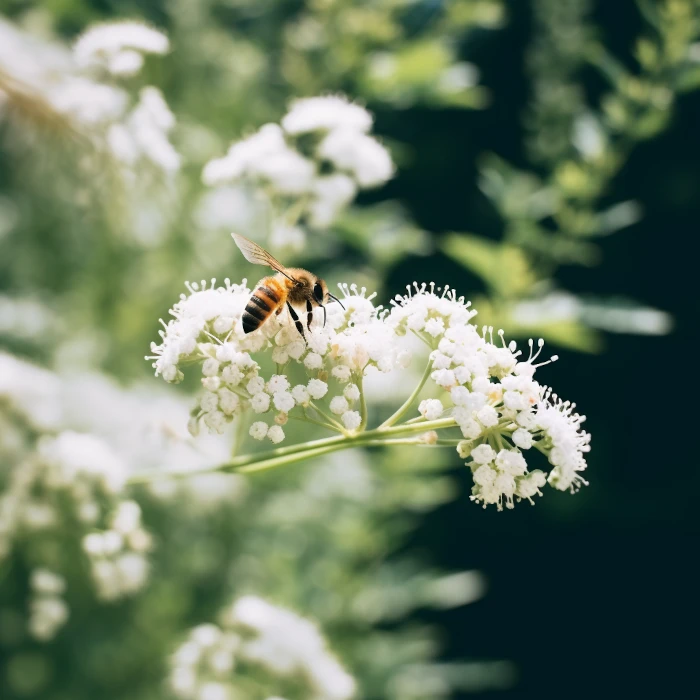
Bees use propolis to fill in small unwanted gaps in the honeycomb structure of the hive to protect against uncontrolled airflow and external moisture. The thin layer of propolis provides a waterproof lining that maintains constant humidity inside the hive.
Interestingly, propolis has also been found to have significant antibacterial, antifungal, antiviral, and antioxidant properties. Propolis, therefore, acts as the immune defense for the whole hive, protecting larvae, honey stores, and the combs from microbial infection.
So, you can see that propolis is quite a fantastic substance that plays such an essential role in the lives of honeybees. The properties that help keep honeybee populations healthy and protected from the environment and microorganisms also benefit our health and our skin.
The first time I ever used propolis was during a trying time in my health. I was receiving treatment for a viral issue that was sucking my immune system dry. A naturopath friend recommended supplementing bee propolis, and it got me out of a funk of repeated colds faster than you can say, “Honey bunny.” I haven’t taken it in years, but I know that when a nasty cold strikes, it can help when used as support for conventional treatments.
Studies on the Chemical Composition of Propolis
Interest in propolis returned in Europe during the Renaissance when it was used in ointments to relieve inflammation and wounds. The chemical composition of propolis was first studied at the beginning of the 19th century.
The earliest studies by German chemists identified vanillin, cinnamic acid, and cinnamyl alcohol as components of propolis. A few years later, a French scientist identified the flavonoid chrysin in propolis (a plant-derived molecule with strong antioxidant effects). Not long after this, American studies led to the detection of small amounts of vitamins B1, B2, B6, C, and E, as well as nicotinic acid and pantothenic acid in propolis.
With the advancement of the scientific fields of chemistry and pharmacology during the 1960s, further studies on the chemical composition of propolis were conducted.
A further five flavonoids were detected during this time, and it was found that propolis has antibacterial activity against the bacteria species Bacillus subtilis, Bacillus alvei, and Propionibacterium acnes (the latter being the bacteria associated with acne vulgaris). Scientists discovered that the flavon galangin is responsible for this antibacterial activity.
The Chemical Composition of Propolis Varies Between Regions
During the 1970s, many more studies were conducted on the chemical composition of propolis using chromatographic analytical methods.
Apidologie, a French journal devoted to bee science, identified over 180 compounds in propolis.
However, only 80 to 100 compounds are typically found in each sample, with the types of compounds differing among regions and seasons. The chemical composition of propolis was even found to vary among beehives in the same area!
No matter the region that propolis comes from, flavonoids are always the major constituents. Along with phenolic esters (in particular, caffeic acid), flavonoids are responsible for propolis’s antimicrobial, antioxidant, and anti-inflammatory activities.
Propolis Benefits for Skin
Okay, I went down a little rabbit hole there talking about the use and study of propolis throughout history. I can’t help myself when it comes to science! Let’s see why propolis is so good for your skin.
In skin care, propolis’s antiviral and antimicrobial action benefits acne skin and those dealing with environmental pollution. It increases collagen production, soothes the skin, and decreases inflammation. It forms a protective barrier just like bees use it and is very nutritious with antioxidants and vitamins, hence its growing popularity in skin care.
It doesn’t matter what your skin type is. Anyone can benefit from using propolis in their skincare routine (unless, unfortunately, you have an allergy). The good thing about propolis is that, unlike other skincare ingredients such as vitamin C and retinol, the benefits can be seen quickly!
1. Propolis Prevents and Treats Acne
If you have acne-prone skin, propolis is an ingredient you should consider incorporating into your routine. Thanks to its antibacterial and anti-inflammatory properties, it’s also effective at removing and preventing pimples.
In particular, studies have shown that propolis inhibits the growth of a wide range of different bacteria.
In 2018, this study found that a topical cream containing 20% propolis (3% tea tree oil and 10% aloe vera) effectively reduced the number and severity of pimples in patients with mild to moderate acne vulgaris. On average, after 30 days of daily use of the propolis-containing cream, the severity of acne was reduced by 68%, and the total lesion (pimple) count by 64%.
What’s also pretty awesome is that the study also found that the cream could significantly fade post-inflammatory erythema (PIE). PIE is a red acne scar caused by tiny broken blood vessels under the skin. The authors believe that propolis can increase the rate of wound healing, which has the most significant effect on post-acne scars.
The authors from the study above also found that the cream did not affect the skin’s pH or disrupt the skin’s acid mantle, also known as the moisture barrier.
However, when it comes to controlling oil production, this study did not observe a reduction in sebum on the participants’ skin. However, the authors did state that the participants only used the cream for one month and that this perhaps was not enough time to observe any sebum-reducing properties.
Related: Mandelic Acid Is the Acne-Fighting Ingredient Your Skin Needs
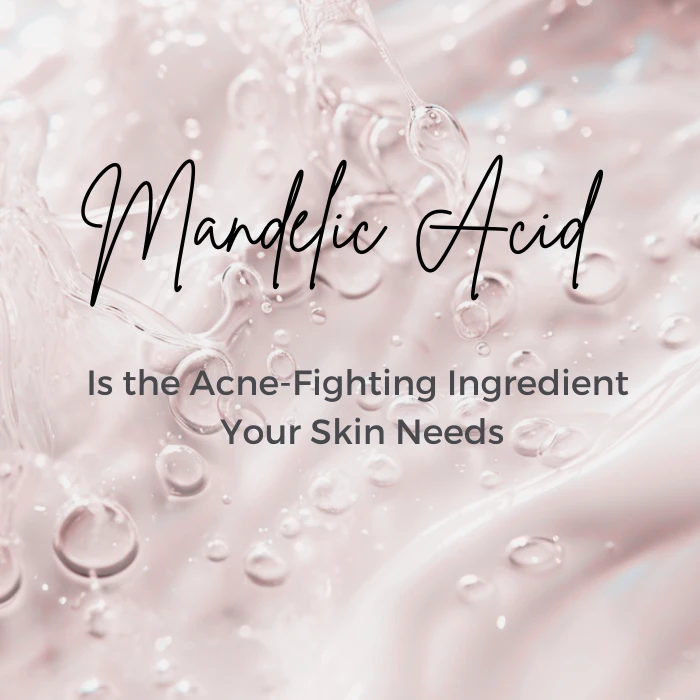
What About Hormonal Acne?
So clearly, propolis effectively treats mild to moderate acne, particularly acne associated with bacteria. But what about hormonal acne that usually results in the nasty cystic acne we all hate more than anything?
The study I mentioned above only included participants with mild to moderate acne vulgaris (the type of acne associated with bacteria). Participants with any form of severe or hormonal acne were excluded.
However, since research has shown that propolis is effective at decreasing inflammation and speeding up the healing of wounds (a pimple is a type of wound), it may also be effective at treating hormonal acne (although it may not be as effective at preventing it).
As I mentioned above, propolis has been found to effectively treat post-inflammatory erythema (the redness associated often associated with cystic acne). So, even if propolis can’t help prevent hormonal acne, it may help our skin recover and heal quicker after a big breakout.
What About Fungal Acne?
A type of fungi (known as Malassezia) naturally exists on most people’s skin. Still, it can become pathogenic in some people, resulting in incredibly stubborn acne (called Malassezia folliculitis) that seems impossible to get rid of.
Often, people don’t realize they have fungal acne, and doctors may even misdiagnose them with acne vulgaris! Of course, this makes things worse, as a diagnosis of acne vulgaris usually results in treatment with antibiotics, which allows more fungi to grow.
It turns out that propolis also has fantastic anti-fungal properties, making it the perfect ingredient for treating fungal acne. This study found that propolis is hugely effective at inhibiting the growth of Malassezia fungi (in outer ear infections of dogs).
However, remember that I mentioned above that Malassezia folliculitis is incredibly difficult to eliminate? One reason is that the fungi associated with fungal acne predominantly feed on fatty acids that happen to be used as ingredients in almost every skincare product available!
To effectively treat fungal acne, you must avoid many skincare ingredients (and, therefore, skincare products).
Luckily, though, there is a skincare product that is suitable for skin with fungal acne as it doesn’t contain any ingredients that are likely to feed Malassezia fungi! It is the COSRX Propolis Light Ampoule*.
2. Propolis Has Anti-Aging Properties
Since propolis contains many beneficial compounds, it is a good anti-aging ingredient.
Studies have shown that propolis promotes collagen synthesis in burn wounds during the healing process. Researchers found that propolis increases collagen’s tissue content, restoring the skin’s extracellular matrix.
Although this study only examined propolis’s effects on burn wounds, it is possible that propolis can increase the collagen content of all skin areas.
Another factor that makes propolis ideal for anti-aging is its large concentration of antioxidants (flavonoids and antioxidant phenols). These have been shown to prevent skin damage by fighting free radicals such as those caused by UV radiation. Of course, you still need to wear your SPF every day, but applying propolis beforehand may provide additional protection in the same way that vitamin C does.
3. Propolis Increases the Effectiveness of Vitamin C
Vitamin C is one of the most popular skincare ingredients since it is so effective at brightening the skin and fading hyperpigmentation.
However, vitamin C (L-ascorbic acid) is a volatile ingredient. When L-ascorbic acid comes in contact with the air or sunlight, it degrades and becomes less effective.
As I’ve already mentioned, the antioxidants found in propolis are highly effective at preventing free radicals from destroying lipids and other compounds—including vitamin C! Therefore, using propolis on your skin may prolong the effectiveness of your vitamin C serum.
4. Propolis Brightens the Skin
Not only does bee propolis increase the effectiveness of ascorbic acid, therefore brightening the skin, but propolis is also a potent tyrosinase inhibitor. What does this mean?
Melanin is the pigment that gives color to the skin. Propolis helps block the production of melanin within the skin. Therefore, propolis can help make the skin tone more even and bright. This study tested the effects of propolis on hyperpigmentation. The study found that propolis can reduce hyperpigmentation by lowering inflammation, preventing free radical damage, and regulating melanin production.
Best Bee Propolis Products
Below, I rounded up these five great examples of the propolis wonder so you can learn about this bee glue business and start reaping its benefits for the skin.
1. Some By Mi Galactomyces Pure Vitamin C Glow Serum
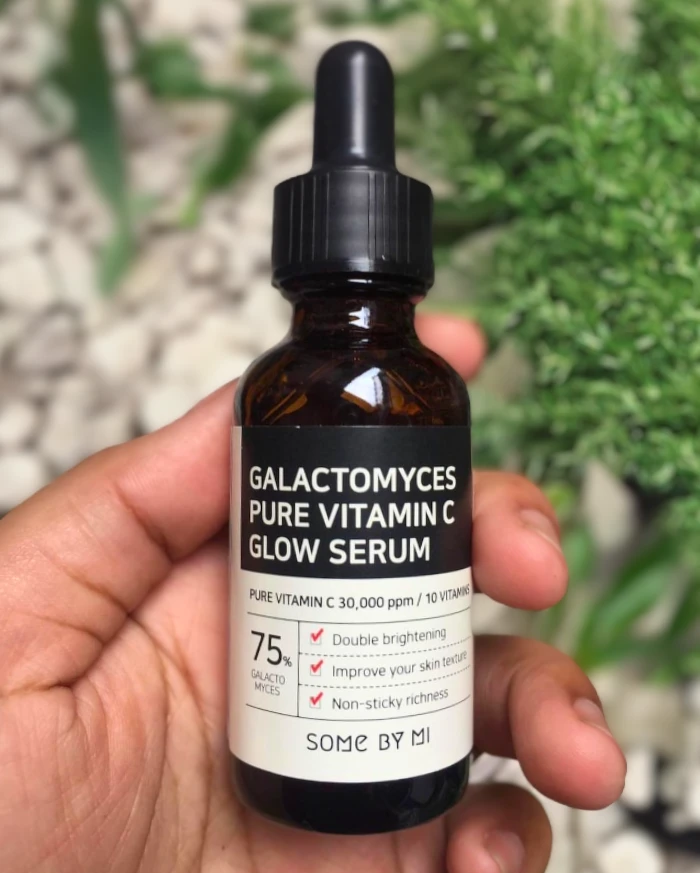
If you want to include the propolis benefits for the skin and effectively brighten hyperpigmentation and uneven skin tone, look no further. The Galactomyces Pure Vitamin C Glow Serum brightens and hydrates skin to reveal smoother and youthful skin.
Enriched with pure ascorbic acid, it soothes tired skin exposed to ultraviolet rays. Use a few drops directly on the cheeks and forehead and gently spread onto the skin, or mix a few drops with your moisturizer to dilute the potent product.
Price: $17-$18
2. IUNIK Propolis Vitamin Synergy Serum
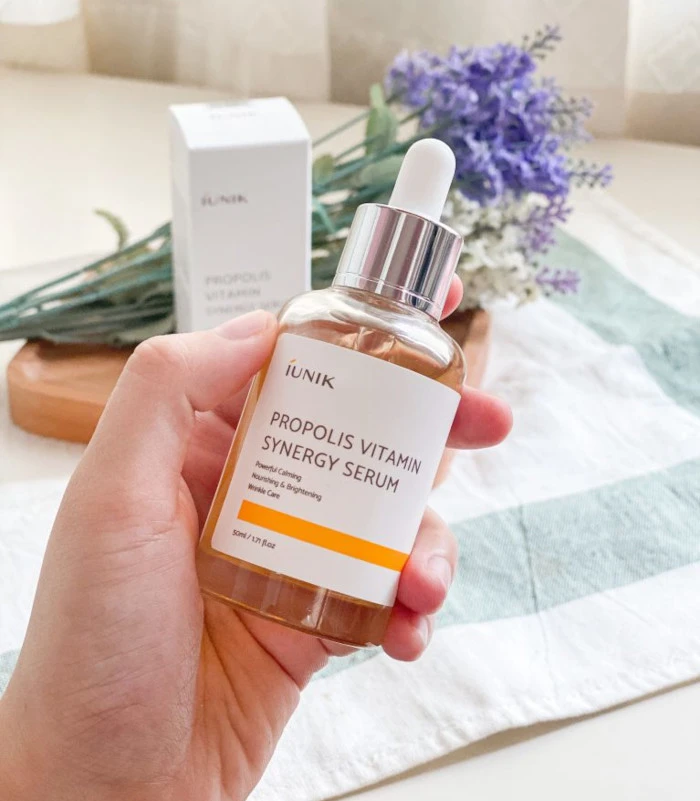
I was looking for a serum with brightening and well-aging benefits because my skin has been looking quite dull lately, and I’m at the age to start adding anti-aging products to my routine.
IUNIK’s Propolis Vitamin Synergy Serum is made for sensitive skin to help calm, nourish, and brighten it while dealing with wrinkle care. The serum has four synergy solutions:
- Skin Calming from Propolis Extracts, Allantoin, and Centella Asiatica
- Nutrition is supplied by minerals, vitamins, and amino acids
- Vitalizing and moisturizing by Rosa Damscena flower water and Portulaca oleracea extract
- Brightening and wrinkle care by Niacinamide, Adenosine, and Dipotassium Glycyrrhizate
I didn’t have any expectations of IUNIK’s Propolis Vitamin Synergy Serum because I hadn’t heard much of the brand, and I was feeling experimental, wanting to try a new serum. It comes in a simple glass bottle with a dropper that is easily controllable with gentle squeezes. There was some scent which I can’t figure out, but I can assure you that it’s not something unpleasant or strong. Its texture is similar to most serums – thick and gooey! I liked it when I applied it; there was no sticky sensation, and the application was smooth and easy, with mild calming and hydrating feels.
With the new normal lifestyle and having to wear masks every time I head out, I’ve gotten maskne. Surprisingly, I noticed my small bumps becoming more controlled and reduced ever since I started using IUNIK’s Propolis Vitamin Synergy Serum. My skin got slightly glowier after a week’s use! I’m not sure about the wrinkle-reducing part, as I don’t have wrinkles yet, but it is a hydrating serum that I enjoy using from day to night.
IUNIK’s Propolis Vitamin Synergy Serum is a good beginner serum to try on a budget. IUNIK has so many other serums that I’m quite excited to try them soon!
Price: $11-$20
3. COSRX Full Fit Propolis Light Ampoule
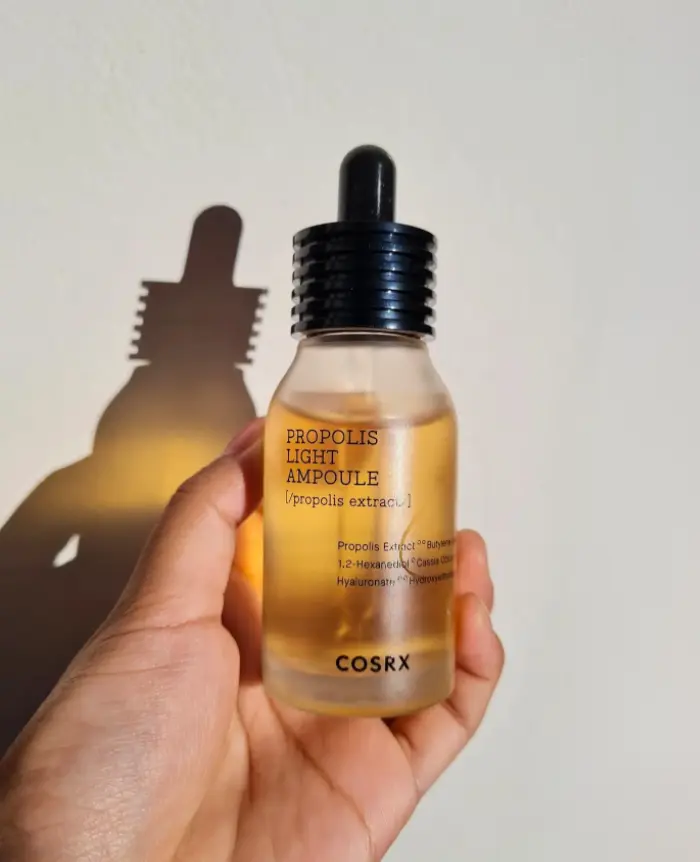
Crowd favorite COSRX Full Fit Propolis Light Ampoule is a lifesaver for dry and irritated skin, especially in the cooler months.
Steeped in 83% Black Bee Propolis Extract, the restorative formula heals inflamed skin and eliminates acne-causing bacteria. It also gives you plump, glass-like skin for that coveted radiant, dewy look.
It comes in a heavy glass jar with a dropper applicator. It is a very faint yellowish color, and I can’t detect any scent. I especially like the cap it comes with, makes travelling with it a bit easier and safer.
The ingredient list, as with anything COSRX, is deliciously short, so you don’t have to worry about putting anything unnecessary or potentially damaging on your skin!
The list includes an excellent mix of humectants to help keep your skin hydrated: Butylene glycol, Glycerin, Sodium Hyaluronate, and Panthenol. Remember, humectants should be an integral part of your skincare routine as dehydrated skin can lead to loss of skin barrier function, resulting in skin irritation and acne.
Related: Best COSRX Products for Acne-Prone Skin
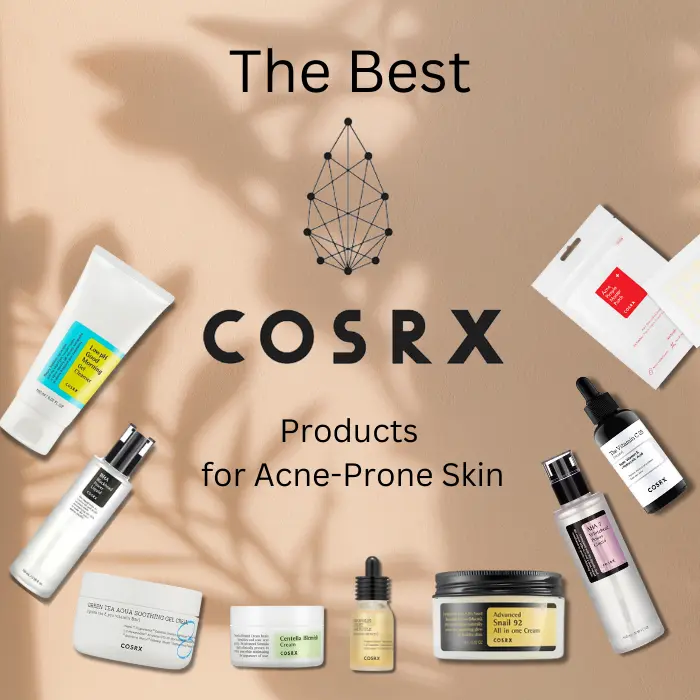
Also included in this ampoule is Sicklepod (Cassia Obtusifolia seed extract), which has been found to contain compounds with anti-inflammatory properties.
Betaine, which has skin-soothing properties, and arginine, an amino acid with wound-healing properties, are also part of the formulation of this propolis ampoule to help treat any acne on the skin.
The texture is very thick and viscose. I thought it’d not be easy to spread and feel heavy, but it spreads quickly, and I can barely feel it on my skin. My face felt sticky and looked shiny for about 20 minutes after using this, but I don’t mind since no one’s looking at me. I use a drop for each area of my face (each cheek, forehead, and nose+chin), but I apply liberally. You might need much less. I Apply this ampoule after cleansing, toning, and after your vitamin C serums and chemical exfoliators. Gently massage and pat it onto your skin using your hands.
Since starting to include this in my routine, I have received a few compliments, but I’m not entirely sure it’s attributable to it. I like how it boosts my skin’s hydration, and I’ve seen the glow. I’m also not the biggest fan of the thickness.
This ampoule keeps acne at bay. It has all the moisturizing, calming effects of propolis without any of the sticky residue of honey. Quickly absorbing and devoid of harmful ingredients, it can be useful for any skin type. Still, I have found it especially rewarding for my sensitive, oily, acne-prone skin.
Pros:
- 83.25% acne-fighting, soothing propolis
Cons:
- none
Price: $13-$23
4. JM Solution Honey Propolis Mask
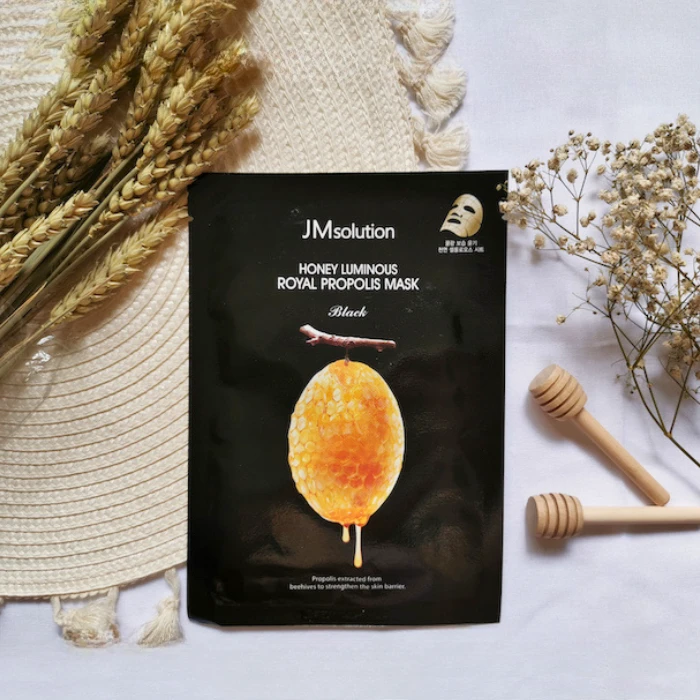
The JM Solution Honey Propolis Mask is an easy and inexpensive way to add propolis to your skincare routine. Sheet masks are always a good idea when traveling because they are light and easy to pack.
This Honey Propolis Mask helped repair my sister’s skin barrier when she thought she could mix 23% pure Ascorbic Acid Serum in the same routine with the 7% Glycolic Acid and tretinoin.
Besides propolis, this mask also contains glycerin, three types of Hyaluronic Acid, four peptides, and several soothing and anti-oxidant herbal extracts.
If you have sensitive skin, you may want to try this mask, too. Honey is a natural antibacterial that helps prevent harmful bacteria from growing on your skin. It is also rich in vitamins and indirectly removes reactive oxygen species for an anti-aging effect.
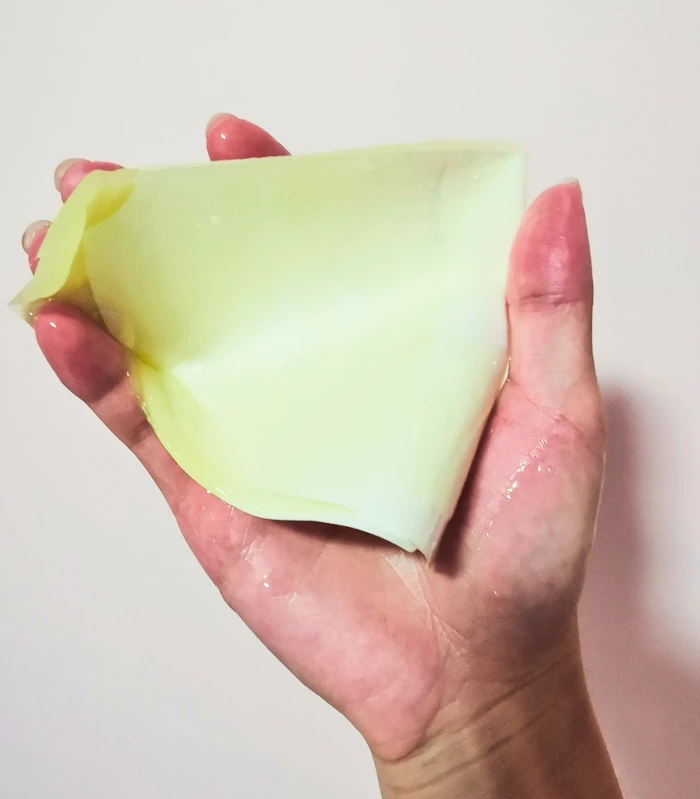
Before mask application, cleanse your face with your favorite cleanser and apply toner. Then, remove the film layer and apply the mask by adjusting the eyes and mouth area. Leave the mask on for 15 to 20 minutes. Remove it and gently pat all the remaining serum until it is fully absorbed. Be careful when you remove the mask. These types of masks tear off quickly because they are made of cellulose.
JM Solution Honey Propolis Mask gave me that glow I needed immediately after masking.
Pros:
- restores skin barrier
- travel friendly
Cons:
- tears easily
Price (10 pack): $12-$16
5. COSRX Full Fit Propolis Light Cream
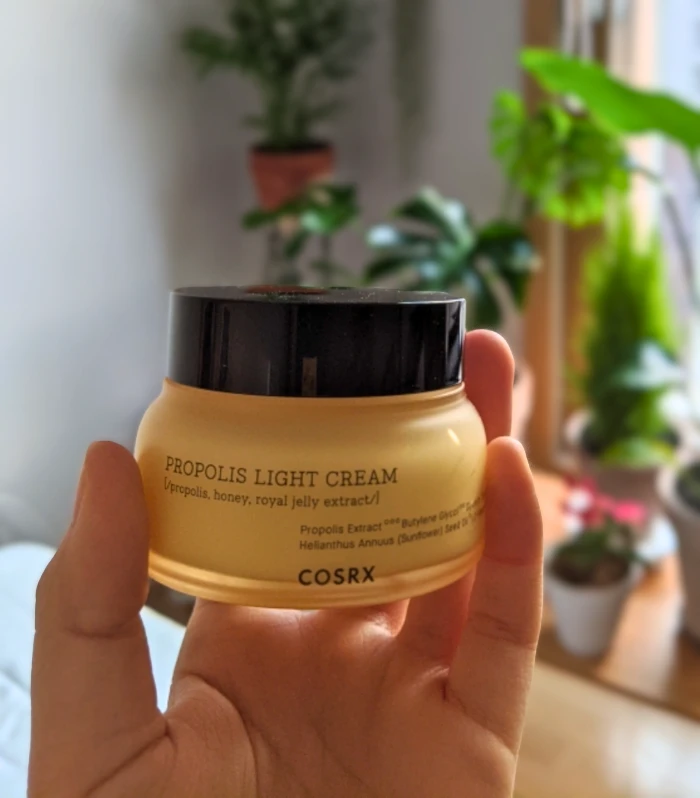
Is skin looking dull from the chill in the air? The COSRX Full Fit Propolis Light Cream is a bee-rich cream formulated with Black Bee Propolis Complex, honey extract, and royal jelly extract.
What a good night cream this is! It has a lightweight, gel-like texture that absorbs into the skin for noticeably glowy skin plump with hydration. I enjoy the dewy finish, love how it sealed in my routine, and am even more excited about the vitamin and EFA content.
Propolis, glycerin, and sunflower oil help treat dry skin without clogging pores, and Sicklepod delivers potent anti-inflammatory so crucial for cystic acne, rosacea, and eczema.
Price: $16-$27
Can Propolis Cause Skin Irritation or Allergic Reactions?
Propolis is a natural protective mixture by bees to protect the hive from microbes and the environment. It comprises various compounds that protect bees and benefit the skin when applied topically.
However, just like with any other skincare ingredient, it is possible to have an allergy to propolis, and allergic contact dermatitis has been recorded in the literature.
Propolis is a pretty amazing natural bee-derived substance used for medicinal purposes by humans for thousands of years!
The main allergens in propolis are 3-methyl-2-butenyl caffeate and phenylethyl caffeate. Benzyl salicylate and benzyl cinnamate are less frequent sensitizers.
Although allergic reactions to propolis are rare, dermatologists recommend patch-testing before introducing a propolis-containing product into your skincare routine (although you should be patch-testing every product anyway).
Conclusion
Propolis is non-comedogenic and emollient, in addition to its nutritional and protective capabilities, so it’s obvious why it’s being used in skincare. So keep an eye on bee glue!
Chemical studies have identified many beneficial compounds in propolis. It’s believed that these compounds mainly give propolis its antibacterial, antifungal, antiviral, and anti-inflammatory properties and make it such a good ingredient for our skin.
In particular, propolis effectively treats acne vulgaris and fading post-inflammatory erythema. It may also be effective at helping to treat fungal acne and in decreasing the inflammation and redness caused by cystic acne.
Propolis may also be an effective anti-aging ingredient to incorporate into your skincare review since it has been shown to increase collagen production and have free radical-fighting abilities.
If you decide to try propolis, remember to do a patch test first, as you may have an allergy to one of its compounds.
Show Me Proof
- Cushnie, T. P. T., V. E. S. Hamilton, D. G. Chapman, P. W. Taylor, and A. J. Lamb. “Aggregation of Staphylococcus aureus following treatment with the antibacterial flavonol galangin.” Journal of applied microbiology 103, no. 5 (2007): 1562-1567.
- Marcucci, Maria Cristina. “Propolis: chemical composition, biological properties and therapeutic activity.” Apidologie 26, no. 2 (1995): 83-99.
- Anjum, Syed Ishtiaq, Amjad Ullah, Khalid Ali Khan, Mohammad Attaullah, Hikmatullah Khan, Hussain Ali, Muhammad Amjad Bashir et al. “Composition and functional properties of propolis (bee glue): A review.” Saudi journal of biological sciences 26, no. 7 (2019): 1695-1703.
- Grange, J. M., and R. W. Davey. “Antibacterial properties of propolis (bee glue).” Journal of the Royal Society of Medicine 83, no. 3 (1990): 159-160.
- Mazzarello, V., M. G. Donadu, M. Ferrari, G. Piga, D. Usai, S. Zanetti, and M. A. Sotgiu. “Treatment of acne with a combination of propolis, tea tree oil, and Aloe vera compared to erythromycin cream: two double-blind investigations.” Clinical pharmacology: advances and applications (2018): 175-181.
- da Rosa, Cristiano, Ian Lucas Bueno, Ana Clara Martins Quaresma, and Giovanna Barbarini Longato. “Healing potential of propolis in skin wounds evidenced by clinical studies.” Pharmaceuticals 15, no. 9 (2022): 1143.
- Ashbee, H. Ruth, and E. Glyn V. Evans. “Immunology of diseases associated with Malassezia species.” Clinical microbiology reviews 15, no. 1 (2002): 21-57.
- Lozina, Laura Analía, María Elisa Peichoto, Silvia Irene Boehringer, Patricia Koscinczuk, Gladys Ester Granero, and Ofelia Cristina Acosta. “Efficacy of Argentine propolis formulation for topical treatment of canine otitis externa.” Arquivo Brasileiro de Medicina Veterinária e Zootecnia 62 (2010): 1359-1366.
- Olczyk, Pawel, Katarzyna Komosinska-Vassev, Grzegorz Wisowski, Lukasz Mencner, Jerzy Stojko, and Ewa M. Kozma. “Propolis modulates fibronectin expression in the matrix of thermal injury.” BioMed research international 2014 (2014).
- Daleprane, Julio Beltrame, and Dulcinéia Saes Abdalla. “Emerging roles of propolis: antioxidant, cardioprotective, and antiangiogenic actions.” Evidence-based complementary and alternative medicine 2013 (2013).
- Walgrave, Susan E., Erin M. Warshaw, and Lynn A. Glesne. “Allergic contact dermatitis from propolis.” DERM 16, no. 4 (2005): 209-215.
- Hou, Jingyi, Yu Gu, Shuai Zhao, Mengqi Huo, Shifeng Wang, Yanling Zhang, Yanjiang Qiao, and Xi Li. “Anti-inflammatory effects of aurantio-obtusin from seed of Cassia obtusifolia L. through modulation of the NF-κB pathway.” Molecules 23, no. 12 (2018): 3093.
- Widelski, Jarosław, Katarzyna Gaweł-Bęben, Karolina Czech, Emil Paluch, Olga Bortkiewicz, Solomiia Kozachok, Tomasz Mroczek, and Piotr Okińczyc. “Extracts from European propolises as potent tyrosinase inhibitors.” Molecules 28, no. 1 (2022): 55.
